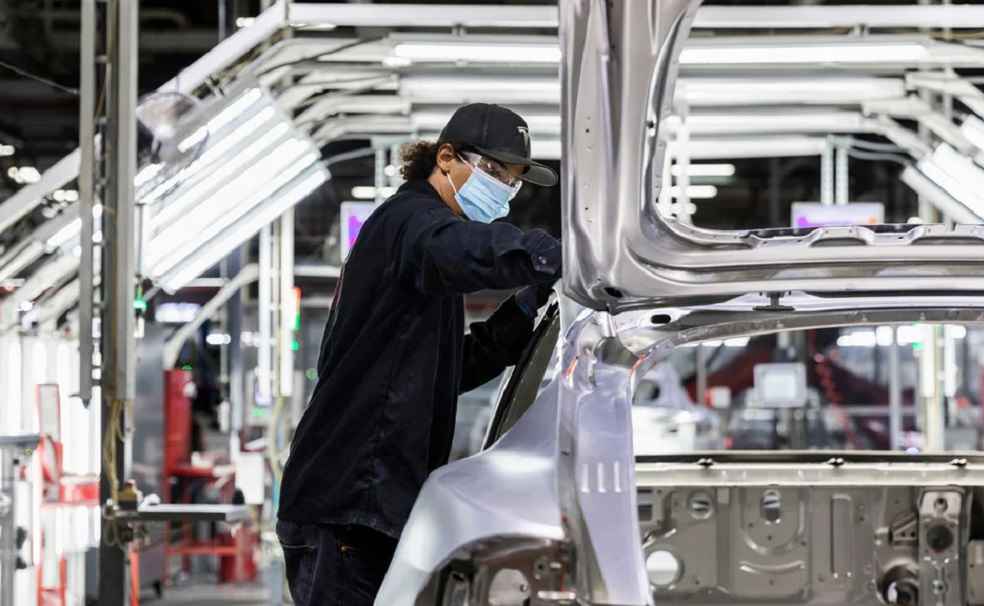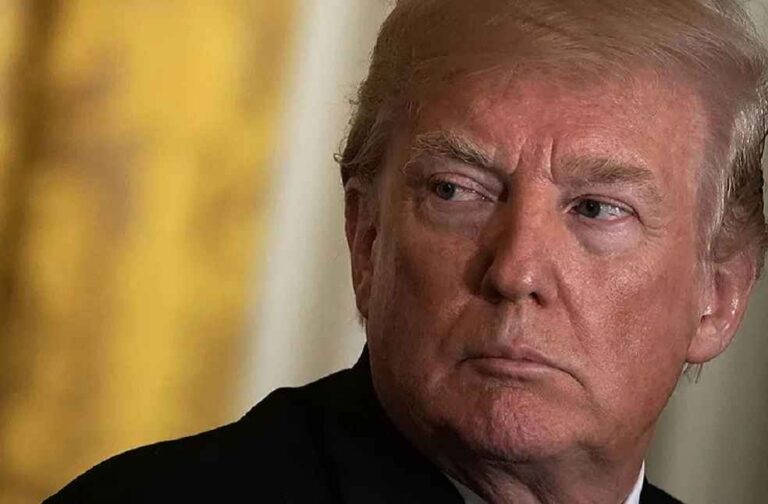At a campaign rally in Georgia last month, US presidential candidate Donald Trump renewed his call for foreign automakers to shift production to the United States, promising reduced taxes, energy costs, and regulatory burdens for companies that increase domestic production. However, he also warned of ‘very substantial tariffs’ on vehicles made outside the US, echoing his 2016 ‘Make America Great Again’ message aimed at bringing manufacturing back to American soil.
Detroit-based automotive analyst John McElroy views these statements as part of Trump’s typical rhetoric, saying, “It’s hard to parse what is Trump bombast and what will be Trump policy.” However, industry experts remain alert to the possible impact on international automakers, especially German companies.

German Automakers Face Fresh Uncertainty
During Trump’s first campaign, German carmakers avoided a 35% tariff by expanding US operations, including Volkswagen’s electric vehicle (EV) facilities in Tennessee and a $1 billion investment by Mercedes-Benz in Alabama. BMW also increased production in South Carolina. But according to Jacob Kirkegaard, a senior fellow at the think tank Bruegel, these investments might not protect German automakers from future tariffs or other policy changes under a potential second Trump administration. He warned that increased integration into the US market could expose these firms to greater supply chain disruptions.
EV Subsidy Rollbacks Could Stall Industry Growth
Trump’s promise to reverse EV subsidies—a priority under President Biden’s green investment initiatives—has also raised concerns. Much of German automakers’ recent US investments have been directed at ramping up EV production, and subsidy removal could force companies to adjust their US production models. “We’ve seen what happened in Germany when subsidies were eliminated — sales of electric vehicles plummeted,” McElroy noted, indicating the potential impact not just on German brands but on all automakers pushing into EVs.
Mexico Production Could Face High Tariffs
German automakers with manufacturing operations in Mexico, including Volkswagen, BMW, and Audi, may also be affected by Trump’s long-standing threat to impose a 200% tariff on vehicles produced in Mexico. Mexico is a major production hub for German brands, particularly for the US market, thanks to favorable trade conditions under the US-Mexico-Canada Agreement (USMCA). Yet, as Johannes Hauser, managing director of the German-Mexican Chamber of Industry and Commerce, noted, the US labor shortage has already pressured German firms to transfer staff between Mexico and the US, highlighting a critical skills gap.

Competition Intensifies Amid Protectionism
German automakers are facing an increasingly competitive global market, with slowing growth in Europe and strong competition from Chinese EV brands in both Europe and China. Kirkegaard cautioned that if the US bans cars incorporating Chinese technology, German brands might also be affected due to partnerships with Chinese firms.
Despite these challenges, Kirkegaard remains optimistic about the resilience of German brands. “They will get through this, but they will likely come out, in terms of employment, significantly smaller,” he stated. German automakers continue to benefit from a strong global reputation and profitability, which may help them navigate these shifting trade dynamics.
OBSERVATION | Kia India Hits 28,545 Festive Sales, Driven by High Demand and Exports





